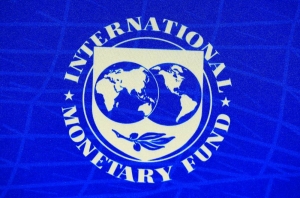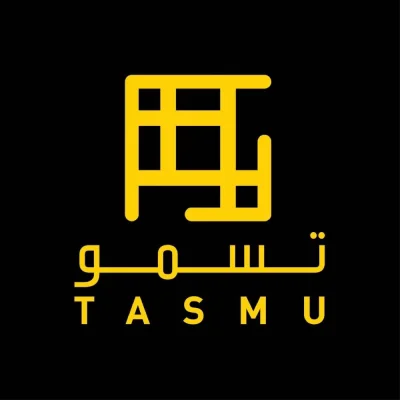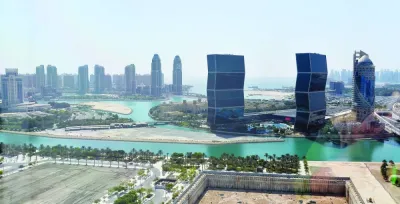IMF paper suggests Qatar open up more sector, expand freehold realty ownership

“A comprehensive, well-integrated and properly sequenced reform package, which exploits complementarities across reforms, would have the most success in boosting Qatar’s potential growth significantly,” said the working paper from the Bretton Woods institution.
Stressing the need for further trade openness, the paper said it could be achieved through multiple ways, including reducing trade-weighted tariff rates on non-agriculture and non-fuel products; enhancing services trade through lower non-tariff barriers, streamlining customs clearance procedures and simplifying documentation needs for trade transactions, and further easing trade in the banking, insurance, and commercial agencies.
It could also be achieved through promoting free trade pacts and facilitating regional trade integration by aligning trade regulations and tax on goods and services within the Gulf Cooperation Council (GCC), the report said.
Qatar established a single window electronic customs clearance system (Al-Nadeeb) to support trade. At present, there is a common external tariff among the GCC members but internal border posts are still in operation, and each GCC member maintains autonomy through its individual customs administration.
While Qatar benefits from a number of bilateral trade pacts, the IMF paper said compliance costs for imports and exports remain above the OECD (Organisation for Economic Co-operation and Development) median. Trade-weighted tariff rates for non-agricultural and non-fuel products remain well above the OECD level.
The business environment improvement should promote foreign and private investment by opening up more sectors for foreign investment and allowing for majority foreign ownership, especially outside of the economic zones; and further expanding freehold ownership of real estates from the current designated zones.
Despite recent reforms to liberalise foreign ownership, the IMF paper said restrictions remain on foreign investment in certain sectors (banking, insurance, and commercial agencies). Similarly, foreign ownership and leasing rights of real estates, while broadened, still limit to designated zones.
Additionally, to support foreign investment in building a knowledge economy, enhancing digital infrastructure (improving internet speed) to effectively communicate, disseminate and process knowledge is crucial.
In a bid to reduce the role of SOEs (state-owned enterprises), the paper suggested increasing competition and enhancing procurement bidding processes to boost private sector development.
“Revisiting preferential treatment given to large enterprises (including SOEs) in government procurement could help create a level playing field,” it said.
On easing small and medium enterprises’ (SMEs) access to finance; it said there was a need to enhance the insolvency framework and the efficiency of the court system; increasing coverage of the credit bureau and credit registry; and protecting the legal rights of borrowers and lenders by enhancing property rights.
It also suggested increasing the recovery rate by improving foreclosure/receivership proceedings and the efficiency of proceedings to reduce cost; and encouraging the use of a robust fintech ecosystem.
“While protecting personal data, simplifying procedures for banks to obtain information needed to grant credit would also facilitate access to finance,” the working paper said.
It also highlighted the need to further improve legislative and regulatory frameworks to reduce bureaucracy and streamline business regulations.







